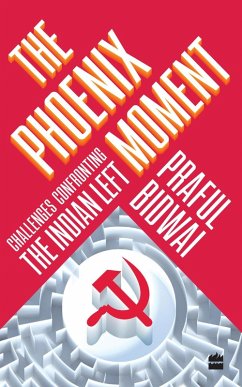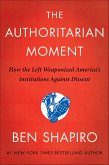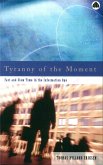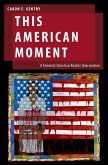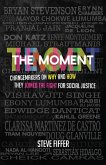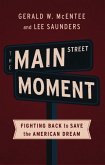'Praful Bidwai's analysis and conclusions compel serious engagement both by academics and political leaders.' - K.N. Panikkar
'Bidwai's assessments will undoubtedly trigger further discussion.' - Romila Thapar
'Praful raises the right questions and is scrupulously fair.' - Susan George
India still has a significant and relatively powerful communist movement. In spite of the massive setbacks communist parties have suffered in and since the 2014 national elections, and their general decline during the past decade, the Indian Left is a significant component of the political spectrum. It is represented in virtually every state in the form of trade unions, peasant associations, women's organizations and student unions, and in state legislatures, municipal bodies and village councils. The Phoenix Moment seeks to understand how a communist movement, almost unique within the world's capitalist democracies, flourished for so long in India, and what accounts for its initially gradual and then rapid decline. It also asks how far and in what manner the Left has accomplished its goals; whether it could have achieved more and what its future prospects are. Crucially, political analyst Praful Bidwai investigates whether the Left's core agenda of progressive or socialist transformation can yet be reinvented and restored to relevance - either with its own agency or through other forces, formations and initiatives. Given the paucity of analytical literature on the mainstream Left at the national level, Bidwai's timely and deeply insightful book fills a crucial void.
'Bidwai's assessments will undoubtedly trigger further discussion.' - Romila Thapar
'Praful raises the right questions and is scrupulously fair.' - Susan George
India still has a significant and relatively powerful communist movement. In spite of the massive setbacks communist parties have suffered in and since the 2014 national elections, and their general decline during the past decade, the Indian Left is a significant component of the political spectrum. It is represented in virtually every state in the form of trade unions, peasant associations, women's organizations and student unions, and in state legislatures, municipal bodies and village councils. The Phoenix Moment seeks to understand how a communist movement, almost unique within the world's capitalist democracies, flourished for so long in India, and what accounts for its initially gradual and then rapid decline. It also asks how far and in what manner the Left has accomplished its goals; whether it could have achieved more and what its future prospects are. Crucially, political analyst Praful Bidwai investigates whether the Left's core agenda of progressive or socialist transformation can yet be reinvented and restored to relevance - either with its own agency or through other forces, formations and initiatives. Given the paucity of analytical literature on the mainstream Left at the national level, Bidwai's timely and deeply insightful book fills a crucial void.
Dieser Download kann aus rechtlichen Gründen nur mit Rechnungsadresse in A, D, L ausgeliefert werden.

